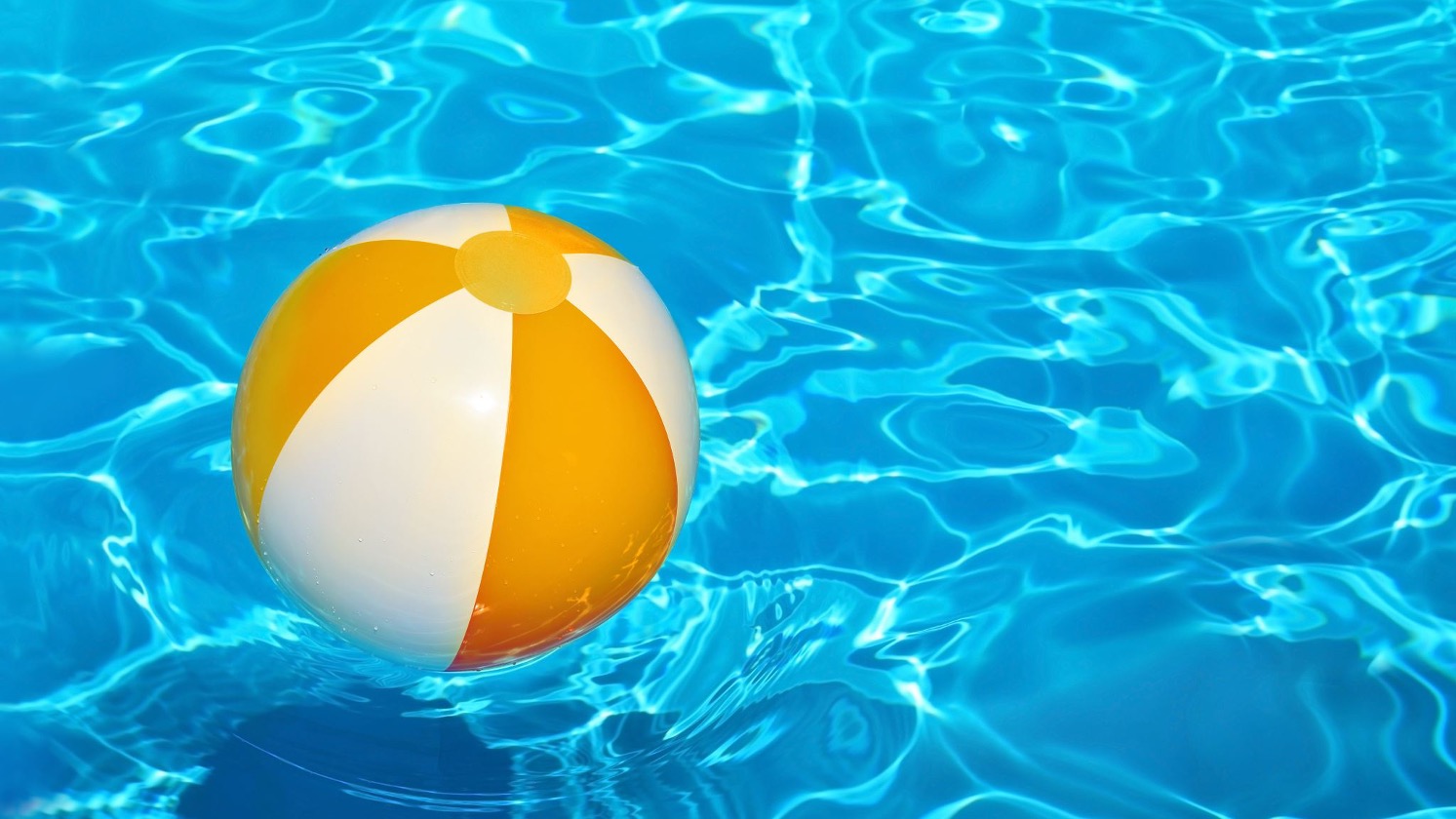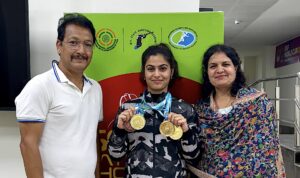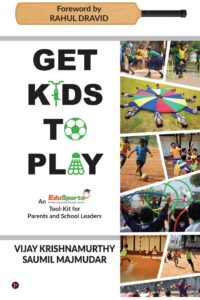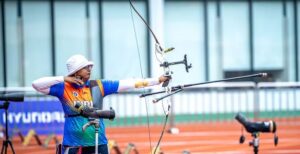
The members of the Indian Water Polo squad, who were looking forward to showcasing their skills in the Asian Games in Hangzhou this year, are now hoping against Hope that they would not also be left out as a ripple effect caused by the Indian Olympic Association’s insistence that only teams ranked in the top 8 in Asia would be cleared for participation.
With a cloud of controversy hanging over the football team’s clearance now, it is possible that the Water Polo team may be among those who end up not competing in the Asian Games. The players are afraid that more than two years of planning and committed work, including with coaches from Serbia, may go down the drain.
The Swimming Federation of India – and even the Sports Authority of India – saw a window of opportunity since there were just nine teams in the 2010 Asian Games in Guangzou, China, seven team in 2014 in Incheon, Korea, nine teams in the 2018 in Jakarta, Indonesia. It was believed that, with a bit of effort, the men’s team could aim for a top six finish in 2022.
Coaches like double Olympic medallist Slobodan Soro, Babovic Miodrag and Andric Nimanja have been roped in to improve the standard of the Water Polo players in the country. They have toured critical pockets of the country to find talent and forge a competitive combination over the past couple of years.
Aware that Water Polo and Diving were neglected in India, the Swimming Federation of India decided to conduct a separate National Championships for these events at all levels, senior, junior and sub-junior, rather that include them as part of the National Swimming Championships. SFI also tied up with the Serbian Water Polo Federation to change the Water Polo landscape in India.
It is baffling that, in the first place, the Ministry of Youth Affairs and Sports sanctioned National Camps for the men’s Water Polo team in the Swimming Federation of India’s Annual Calendar for Training and Competition in successive years despite knowing that team does not have the ranking to go to the Asian Games.
In June 2021, a 45-day camp in the Lakshmibai National College of Physical Education, Thiruvananthapuram, was approved at an estimated expenditure of Rs. 38.50 lakh. In March 2022, the MYAS approved the SFI ACTC which included a 90-day coaching camp for the water polo team in Bhubaneswar, and Thiruvananthapuram.
In fact, SFI proposed a 90-day training-cum-competition trip to Serbia post the camp in Bhubaneswar under the Serbian coaches but, on the advice of the Sports Authority of India Director-General, SFI agreed to reconsider that. And yet, if the National Camps were sanctioned in preparation for the Asian Games, the Ministry and SAI were holding out hope to the players.
Unlike the Indian U23 Football team which did not make it to the AFC U23 Asian Cup finals (for the top 16 sides in the continent) last year, the Water Polo team did not compete in the Asian Championship in March this year because the Asian Swimming Federation called for entries only in February. The event came at short notice and would have hindered the induction of a few younger players.
Having said that, the time to decline a team’s participation in the Asian Games should not be at such a late stage but months earlier, even before the long list of entries is sent to the local organising committee. Between the Indian Olympic Association and the National Sports Federations, there should have been a clear understanding of the Ministry guidelines.
Similarly, the time for a National Sports Federation to present its case for its athletes or teams’ participations in the Asian Games with the Ministry should be before the deadline for the long list. None of those involved in the scramble now to get hurried decisions in their favour seem to be concerned much about the athletes.
This problem is peculiar to the Asian Games since the Olympic Council of Asia does not lay down an official qualifying standard. Unlike the Olympic Games which has qualifying standards for all sport and qualifying events in some, the Asian Games is more ‘welcoming’ and it has left India with players who have figured in the Asian Games without even a hint of making an impact.
Back in 2018, the Indian Olympic Association, adhering to the Ministry’s guidelines, did not clear the national Handball teams for participation in the Asian Games. However, the teams featured in the draw and the Asian Handball Federation indicated to the Handball Federation of India that it had no problems with the Indian teams participating in the Jakarta Games.
With the IOA sticking to its guns, HFI secured an order from the Allahabad High Court asking the IOA to clear the Handball teams. IOA and the Ministry were left with no options but to include the Handball teams in the official contingent. For the record, the men finished 10th out of 13 teams and the women ninth among the 10 participating sides.
The time has come for the Ministry of Youth Affairs and Sports to take a fresh look at the scenario in the continent across disciplines and recast the guidelines. With only three years left for the next edition, of the Asian Games in Nagoya, the sooner the Ministry decides to constitute non-partisan thinktank to examine possibilities in disciplines where India can show progress.
Unless the OCA lays down qualifying standards for future Asian Games, the Ministry should encourage all National Sports Federations to prepare athletes and teams to compete in the respective Asian Championships and base its decision on sending athletes and teams on the basis of performances in these continental championships.







